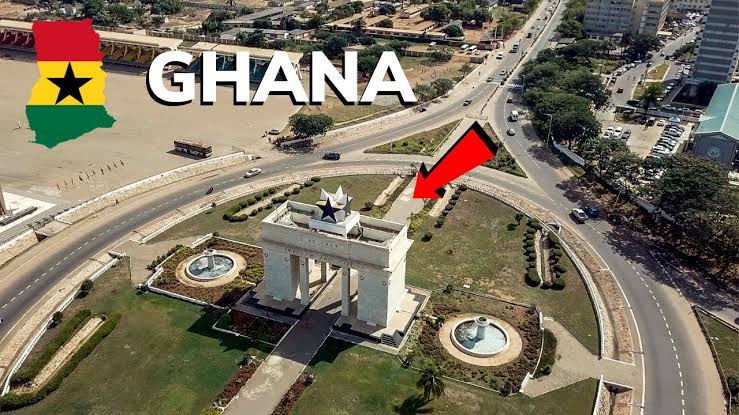As nations of the world continue to expand their volumes of trade and tap into the numerous opportunities available globally to accelerate, scale and develop their production frontiers using technology and human capital, Africa is certainly not standing with arms akimbo in the thick of things
Africa's biggest potential in hand to ensure that it pushes past the third-world, dark continent lies in its population strength, amongst other factors of production. This is why her foreign investment portfolio (FPI, on a country-to-country basis) has steadily undergone massive diversification over the years as investors from all walks of life look to make a play for the apex of Africa's most promising sectors. Urbanization, industrialization, population, and job opportunities promote rapid growth in any place in the world. Similarly, as the population of Africa has increased over the years, cities with high levels of industrialization, urbanization, and economic activities experience immigration and a fast-growing rate.
According to a recent United Nations Human Settlements Programme (UN-Habitat) research, here are some of the 5 fastest growing African cities.
Accra, Ghana

Accra, the capital, administrative and economic city of Ghana, is the largest in Ghana. It is the home for the significant government and non-governmental ministries, insurance firms, the head offices of banks, and the big markets which import most of the food supply. Furthermore, the city is near the Tema Port, a central cross-country border for Ghanian international trade.
With a growth rate of 49%, the population of Accra is expected to increase to 3.6M from a population of 2.3M in 2005.
Ibadan, Nigeria

Ibadan is the largest city in Nigeria by landmass and the third most populated city after Lagos and Kano. There are many economic activities in Ibadan in virtually every street and suburb, and it is situated relatively close to the commercial hub Lagos (130 km), making the city particularly attractive for entrepreneurs.
The commercial activities in Ibadan include agriculture, trade, handicrafts, manufacturing and, the running costs are much lower than in Lagos. As of 2021, the total population in Ibadan is approximately 3.7M people, with the city anticipated to grow by 49% to a projected population of 4M in 2025.
Addis Ababa, Ethiopia

Addis Ababa is the capital and largest city of Ethiopia. It is known as the political region of Africa for it is the location of the headquarters of the African Union and the United Nations Commission for Africa. It surrounds several countries and links them en route to ports like the Gulf of Aden in Djibouti or Asseb, on the Red Sea, in Eritrea.
The population of Addis Ababa is expected to rise by 62.4%, having a population of about 2.9M in 2005 to a projected 4.7M in 2025.
Dar es Salaam, Tanzania

Dar es Salaam, fondly called "The Paris of East Africa" has more than 6 million inhabitants making it the largest city in the country. Despite it not being the country's capital city, Dar es Salaam is the seat of many government offices and embassies in Tanzania. This is attributed to the rapid urbanization, industrialization, and migration to the city, contributing a significant portion to its economy.
There is also the Port of Dar es Salaam that enables trade activities in and out of Tanzania.
In 2018, the population grew by 166% within eighteen years. Considering the population of 3.4M from the census data obtained in 2005, it is projected that by 2025 the population of Dar es Salaam will be about 6.2M rising by 82%.
Cairo, Egypt

One of the most ancient cities in the world and the largest African city by landmass, Cairo is a beautiful city that draws millions of tourists annually. Currently, Cairo is home to 9.54 million people however that number is predicted to grow to 40 million by 2100. Such a large population has led to issues in the city like extreme traffic but the city has worked to accommodate the influx of expatriates moving in.
Cairo has one of the oldest metro systems in the world and you can get almost anywhere on public transportation. Although it is technically a Middle Eastern city, Cairo plays an important role in connecting North Africa to the Arab world.
By 2050, Africa's population is anticipated to reach about 2 billion inhabitants, and we expect that more economic activities would be taking place to counterbalance the rapidly increasing population.
Credit: Business Insider Africa
